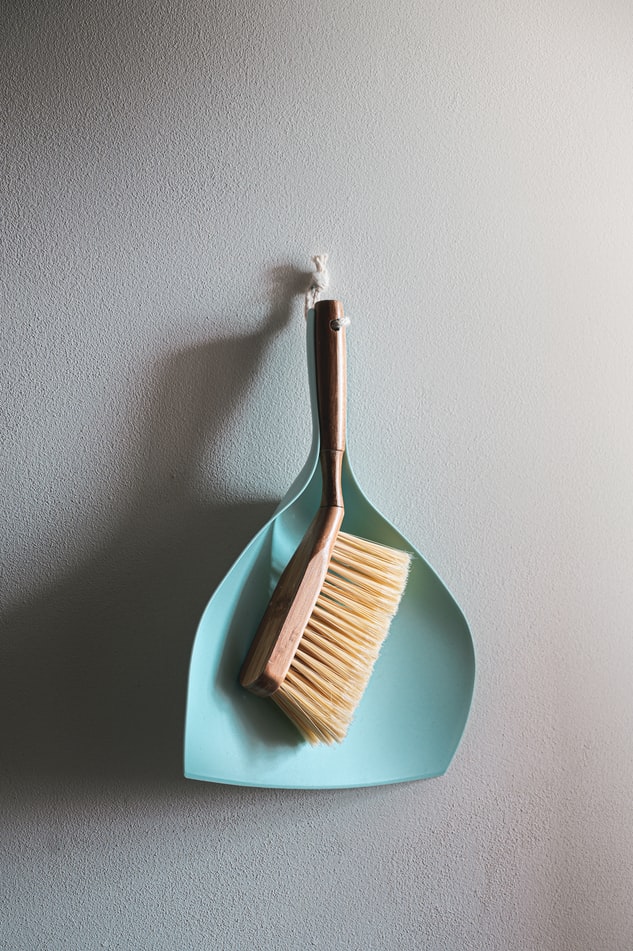Do you feel itchy and sneezy after making a trip up to your attic or when cleaning your house? If so, you may be allergic to dust mites. Recent research has found immunotherapy to be an effective treatment for dust mite allergies. We review the study below.
What Is Immunotherapy?

Immunotherapy is a long-term solution for managing allergies. It works by introducing small amounts of allergen extracts into the body so that the immune system can build up a tolerance over time.
Immunotherapy is administered in one of two ways: through shots (subcutaneous immunotherapy) or drops (sublingual immunotherapy).
What the Study Shows
The study was published in The Journal of Allergy and Clinical Immunology: In Practice in November 2021. The purpose of the study was to investigate the efficacy of sublingual immunotherapy (SLIT) in patients with atopic dermatitis who are sensitized to house dust mites.
Atopic dermatitis, also known as eczema, causes inflammation of the skin, itching, rashes and bumps that primarily affect the knee and elbow bends. It is also associated with asthma and rhinitis. Dust mites – microscopic arachnids that live in house dust – are one of many possible triggers for people with this condition.
Ninety-one participants ages three and older were enrolled in the randomized, double-blind, placebo-controlled trial. Each participant received either the allergy drops or placebo drops for a total of 18 months.
The researchers found that there was statistically significant improvement in the symptoms of people who underwent immunotherapy compared to those who received the placebo, indicating sublingual immunotherapy may be effective as an add-on treatment for people with atopic dermatitis who are sensitized to house dust mites.
Other Ways to Find Relief
In addition to undergoing sublingual immunotherapy, strategies for managing allergies to dust mites include:
- Washing your bedding weekly in hot water at Family Place Laundry
- Investing in allergy-proof covers for mattresses, duvets and pillows
- Using a vacuum cleaner fitted with a high-efficiency particulate air (HEPA) filter
- Wiping down surfaces with a clean, damp cloth regularly
- Avoiding dry dusting
- Cleaning upholstered cushions and curtains regularly
- Fitting roller blinds that can easily be cleaned
- Selecting wood or vinyl flooring rather than carpeting
- Installing a portable HEPA filter
For more information about managing allergies to dust mites or to schedule an appointment with an allergy expert, call ENT of Georgia North today.